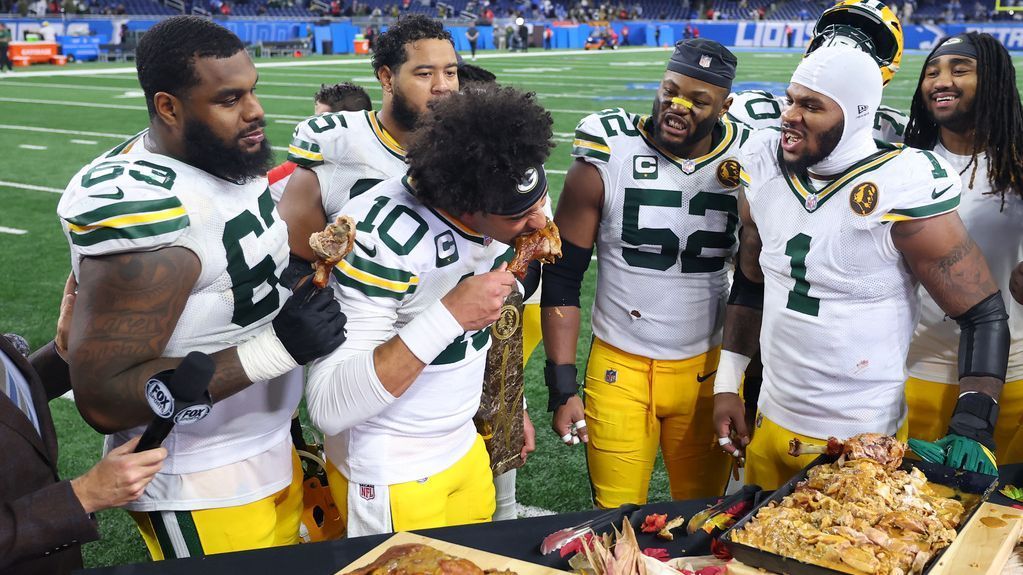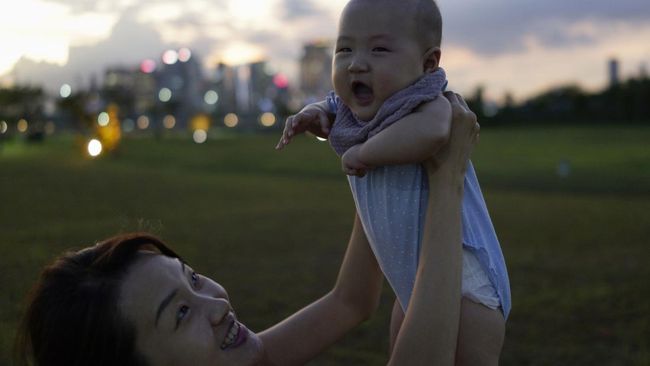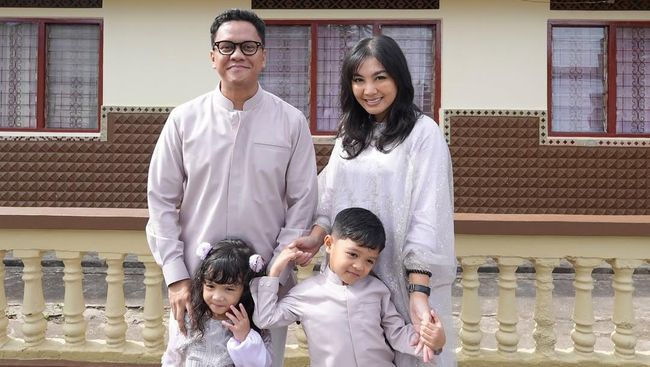
Jeff KassoufOct 26, 2025, 08:53 PM ET
- Jeff Kassouf covers women's soccer for ESPN, focusing on the USWNT and NWSL. In 2009, he founded The Equalizer, a women's soccer news outlet, and he previously won a Sports Emmy at NBC Sports and Olympics.
EAST HARTFORD, Conn. -- There are no do-overs in sports, let alone life, but Sunday was about as close as the United States women's national team could get to taking a mulligan.
Three days after a 2-1 loss to Portugal in their most pedestrian performance in their 18 months under head coach Emma Hayes, the Americans won the rematch at Pratt & Whitney Stadium 3-1. The circumstances for each game were eerily similar, too: a first-minute goal for the USWNT, followed by a letdown that tested the Americans' mettle.
Sunday's stakes were relatively high, too, at least for a friendly. The USWNT had never lost four games in a calendar year -- Thursday made it three in 2025 -- and another poor performance could have sparked more serious questions about the trajectory of Hayes' rebuilding project.
The rematch, however, was marked by a much younger and less experienced United States squad managing the game as a collective, rather than in silos and "on islands" as they had in Thursday's loss.
- Naeher unsure on future as United States pays tribute
- Brazil spoil England's homecoming party as World Cup questions remain
- Wales legend Fishlock fittingly exits international stage against Australia
"I thought we responded well to [getting scored against], kept playing, kept showing our principles, showed the control element that I felt was lacking in the last game," Hayes said after the match. "It was, overall, a much better performance."
Hayes made eight changes to the line-up on Sunday and started three teenagers in a potential glimpse of the team's near future as it builds toward the 2027 FIFA Women's World Cup. A midfield trio of Lily Yohannes, Claire Hutton and Jaedyn Shaw -- all aged 20 and under -- led the effort to keep better control of the game with the ball and the USWNT collectively stayed more compact without it, leading the Americans to "dominate the game in a way that I expect and demand," according to Hayes.
Hayes and her staff sent players video clips to study on Friday before holding small group meetings on Saturday morning to discuss what went needed to change. Players turned up with detailed notes and questions.
"The demand for knowledge is unbelievable," Hayes said.
In the limited time they had, the Americans focused on a "return to the basics" -- small pictures, high-volume repetitions, and hundreds of passes to build connections.
The result was imperfect -- especially conceding another goal in the air after horrendous defensive set pieces on Thursday -- but as defender Avery Patterson said, "it was a night and day performance" compared to Thursday's loss. Patterson was one of the three holdovers in the lineup between games.
Olivia Moultrie, who just recently turned 20, scored twice in the opening 10 minutes for the United States. She helped create the buildup to her opening-minute goal before benefiting from a slick backheel by Shaw inside Portugal's penalty area.
The backheel on the second goal, along with Yohannes' frequent ability to find gaps in Portugal's midfield shape and switch the point of attack, created a more cohesive USWNT performance. The U.S. flipped possession back in their favor on Sunday after conceding more of it to Portugal three days earlier. Sunday's game was more like the kind of output the United States is known for -- and the kind of game that has been the norm under Hayes, who stepped into the job last year with just four games to prepare for the Olympics and led the team to a gold medal.
For a team that talks about "the USA way," it was a step back in the right direction after falling out of character on Thursday.
"Unity in our shape, shorter connections, being able to play around and just find each other and not feel like we're spaced out or spread out," Moultrie said in describing what that identity looks like and how it was displayed on Thursday. "I think just being able to break down a defense in multiple ways -- those are the things that we are always working on where in different shapes or rotations or things like that."
Hayes, who is always mindful of resetting the prevailing narratives, said on Sunday that "sometimes ... we amplify a loss, we catastrophize it externally as well as internally." She also reiterated that the squad had gone four months between international windows, and the connections were off between players.
But the same could be said about Portugal, who looked plenty organized on Thursday after not playing together since failing to win a game at Euro 2025 in July. So, no, that surprising loss on Thursday was not a catastrophe, but it did expose some weaknesses in a USWNT that is still in the middle of a transition period between generations.
Perhaps the most encouraging thing about Sunday's response was that it came from a group that, minus captain Emily Sonnett, had 100 combined caps and an average age of under 21 years old.
Moultrie, Ally Sentnor and Alyssa Thompson led the line. Jordyn Bugg, 19, was quietly solid as Sonnett's center-back partner.
As Hayes pointed out on Sunday, it would be wrong to look at progress solely through the lens of comparing these two games against Portugal. Sunday's starting group, void of almost all veterans from the previous generation, was composed of players who Hayes only started experimenting with in the senior national team setting earlier this year.
What Hayes wanted to see was how much they have improved from losses earlier this year to fellow world powers Brazil and Japan. In a similar two-game set against Brazil in April, the USWNT won the opening game before an even less experienced line-up got pushed around physically by Brazil and conceded a stoppage-time winner after -- you guessed it -- scoring in the first minute to lose 2-1.
Patterson, Hutton and Yohannes were three common starters between that loss to Brazil and Sunday's win over Portugal. The difference in quality of those two opponents aside, those are the two benchmarks by which Hayes is measuring progress.
"Six months on, that was a great step," she said. "Positionally, tactically, technically, physically, I thought that was a higher level, so for me that's a tick. But it's just that. You can't cut a corner to success, and you can't cut a corner with development."
Hayes and her team hope that Thursday's loss to Portugal is an early lesson in the World Cup cycle that will bear fruit in summer 2027, when the team attempt to win a fifth title. Every team suffers these harsh realities, and it won't be the last for this young group before the 2027 World Cup.
Both the 2015 and 2019 World Cup-winning squads mad their own moments of potential panic, including ugly losses to France in both cycles and some poor stretches of form during phases of experimentation.
As Sam Coffey said on Sunday, moments after scoring the USWNT's third goal: "Thursday was way below our standards. I think in a weird way, we needed it."
They won't know that for sure until nearly two years from now, but the important part on Sunday is that they responded.
.png)
 4 months ago
55
4 months ago
55

















































